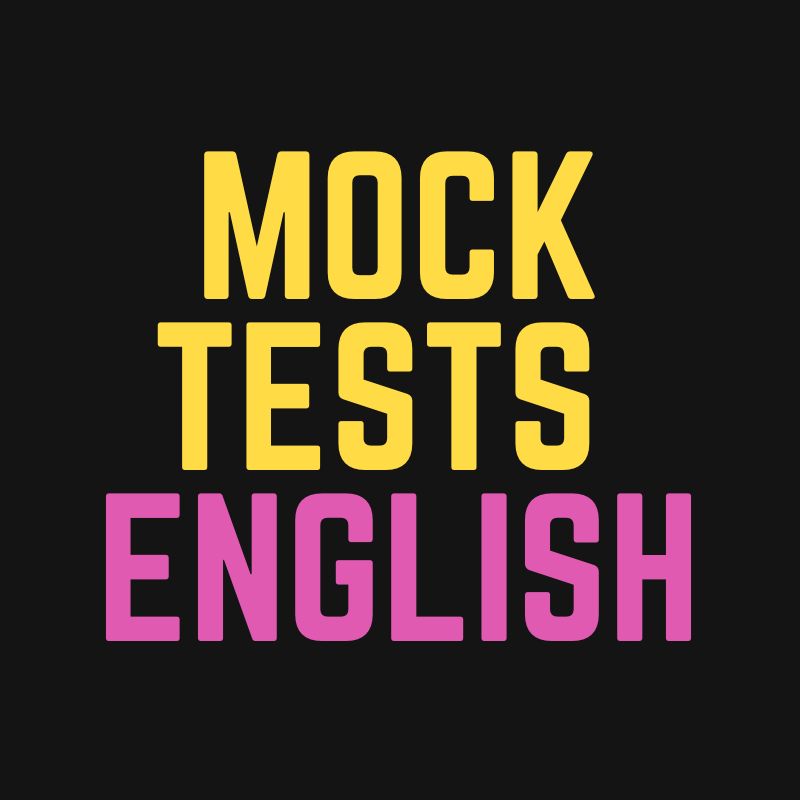In some countries, there has been an increase number of parents who educated their children themselves at home instead of sending them to school. Do you think the advantages of this outweigh the disadvantages
In recent years, homeschooling has become increasingly popular in some countries, with parents opting to educate their children at home instead of sending them to traditional schools. While this approach offers several advantages, it also has significant drawbacks, and whether the benefits outweigh the disadvantages is a matter of debate.
One major advantage of homeschooling is the personalized education it provides. Parents can tailor the curriculum to suit their child’s learning pace and interests, which may lead to a deeper understanding of subjects and greater academic achievement. Additionally, homeschooling can create a safe and nurturing learning environment, free from bullying or peer pressure, allowing children to focus solely on their studies. Moreover, parents often have the opportunity to instill their values and beliefs into their children’s education, fostering a stronger family bond.
However, homeschooling also comes with notable disadvantages. First and foremost, it may lack the social interaction that traditional schools provide. Regular interactions with peers are crucial for developing interpersonal and communication skills. Furthermore, parents may not possess the necessary teaching qualifications or resources to provide a well-rounded education, potentially hindering their child’s future prospects. Lastly, homeschooling can be time-consuming and financially demanding for families, as one parent often has to forego full-time employment to take on the role of educator.
In conclusion, while homeschooling offers unique benefits, the potential drawbacks, particularly in terms of social development and educational quality, cannot be ignored. Thus, traditional schooling remains the better option for most families.
•Homeschooling – educating children at home.
•Traditional schools – formal educational institutions.
•Personalized education – tailored learning experience.
•Curriculum – set of courses and content offered.
•Peer pressure – influence from members of one’s peer group.
•Interpersonal skills – abilities to interact effectively with others.
•Well-rounded education – comprehensive and diverse learning experience.
•Academic achievement – success in educational pursuits.
•Financially demanding – requiring significant monetary resources.
•Social interaction – engaging and communicating with others.
